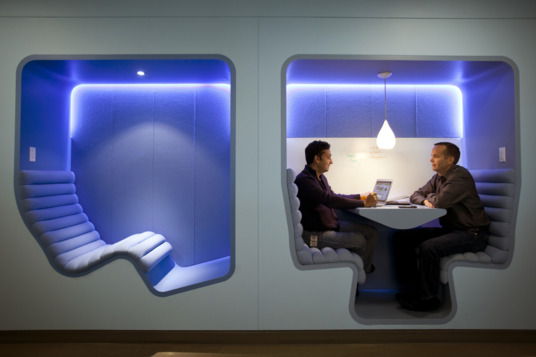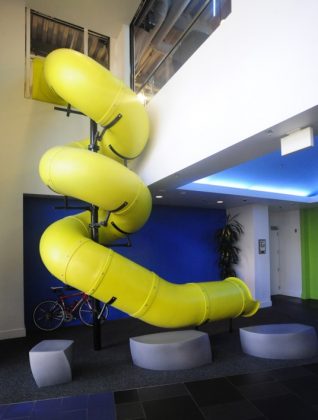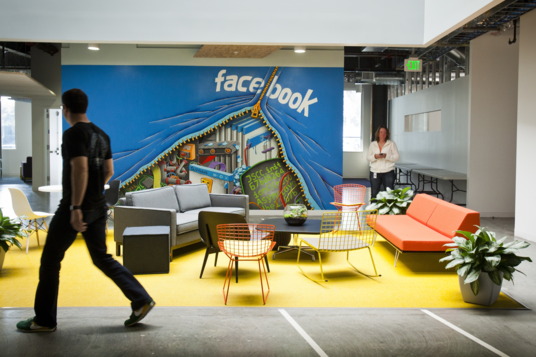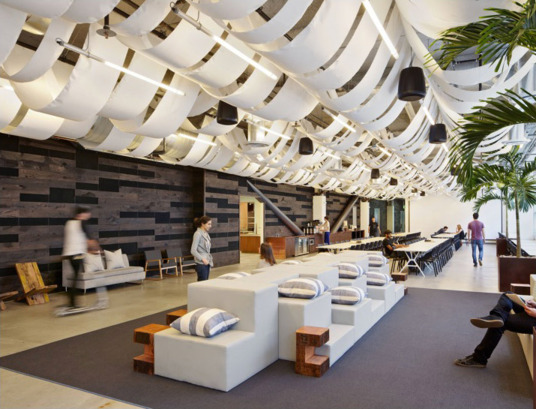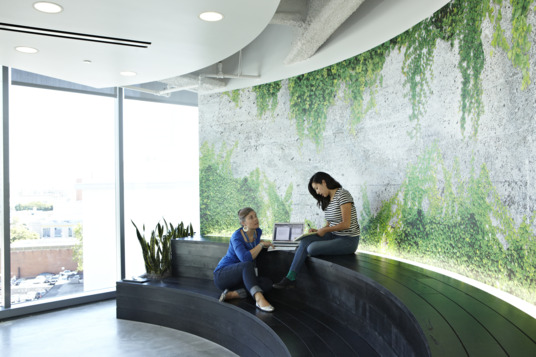Almost all progressive business organizations today have retired the cubicle culture and have adopted the open-office plan. The florescent lights have been retired in favor of natural light. And this is not it; the offices with game rooms and stocked kitchens have become more common.
The companies are now providing these perks as a part of their organizational culture. It’s nothing but a fact that employees perform their level best when they’re happy and relaxed. The modern companies have therefore defined values that encourage a positive workplace. The idea is that work doesn’t have to be a drag and the companies want to provide an atmosphere that is both, fun and productive.
What’s the big deal?
What’s the big deal spending so much extra money on making workplace all cushy? To get the right answer, I reached out to some of the leading employers and almost all of them were of the opinion that the payoff comes through hiring and employee retention. Of course every candidate would dream of working for the coolest company in the town, and once they have experienced the vibrant, lively workplace, they’ll never leave.
How about the companies doing otherwise?
What about the companies that do not go out of the way to create great culture? How do they retain good employees and survive easily without providing the office frills mentioned above? The answer is, such companies aren’t working in competitive areas or industries and always have more than required supply of talent in the job market. Such companies would always have capable employees to carry out their operations, until the day there’s talent shortage in their job market.
All the companies operating in competitive areas or industries would always require going the extra mile to retain top talent. For instance, companies in the metropolitan cities of Pakistan like Karachi, Lahore and Islamabad need to provide every amenity they can, to attract the best candidates. It has got to the point where espresso machines, gaming rooms and art murals are no longer original ideas. The companies in these cities are now trying to one up each other with off-the-wall perks, like putting greens, exercise & fitness equipment and the fanciest furniture you can imagine. Whereas companies operating in smaller cities of the country can easily do well with a traditional office culture.
On second thought – let’s play devil’s advocate
The prevailing wisdom among employers is that professionals want to work for the hippest companies these days. Now let’s play devil’s advocate!
A person who puts office amenities first while making a career decision isn’t actually going to be a great employee. Such employees may very well be great at what they do but it doesn’t guarantee that they will translate into solid employees for your company.
A candidate who can turn out to be a great employee should be excited by what your company does and how it can help him achieve his long term career goals, not by the amenities it offers. Your ideal employee should wake up in the morning excited for the work day ahead – not the catered lunch or the office ping-pong tournament.
Culture is important but it isn’t everything
With above discussion, I’m in no way suggesting companies to revert to bland offices and undefined cultures. Instead, I’m making the argument, employers should temper their expectations when using perks as a way to attract talent.
With the job market becoming more competitive each year, the day is not far off when companies would be coming up with crazy new ideas, all in the name of having the most unique culture. But would it really pay for itself with the talent it attracts?
I believe perks make a big difference but they’re only part of the equation. Nobody would like to work in an uncomfortable environment that is too serious. But at the same time, majority of the people – especially the talented ones with employment choices popping up every now and then – don’t want to do work they’re not passionate about.
The bottom line
Create a great culture that makes the best candidates available want to work for your company. But be sure to thoroughly interview them so you can ensure they’re motivated to grow with your company.




